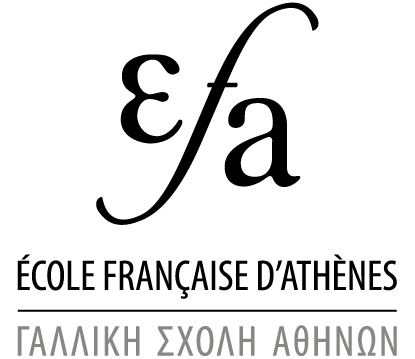
What’s in a Calendar? The Acceleration of Time (1917-1923) and the historical Origins of the contemporary Geopolitics of Orthodoxy
Tassos Anastassiadis McGill University
Respondent : TBA
Séminaire hybride / Υβριδικό σεμινάριο / Hybrid seminar
=> Salle des conférences de l’EFA, Didotou 6 / Αίθουσα διαλέξεων της ΓΣΑ, Διδότου 6 / EFA Conference room, Didotou 6
=> Inscription au webinaire / Εγγραφή στο webinar
The network of these reformers rotating around an Athens-Constantinople (Istanbul) axis and active from Alexandria to Tbilissi, and from Jerusalem to Bitola, but also in the USA, had a narrow window of opportunity on the aftermath of the Russian revolution and the end of WWI. The calendar question of 1922-1923 finally encapsulated in a nutshell the conflicts and resistances around this project. But though it was finally not fully realized, it has left its indelible mark, and one can even say its blueprint, in the way religion is politicized in Europe’s orthodox borderlands, whenever time accelerates, whether that be 1947, 1991 or even 2023…
Le Séminaire moderne et contemporain est un moment d’échange dans lequel les chercheurs des programmes de la section moderne et contemporaine et des intervenants invités peuvent présenter leurs travaux en lien avec les axes thématiques de l’EFA et avec la programmation scientifique de la section, mais aussi avec l’actualité de la recherche sur les Balkans et la Méditerranée orientale. Lieu de rencontre entre chercheurs venant d’horizons différents, le séminaire vise tout à la fois à valoriser les recherches menées à l’EFA en histoire moderne et contemporaine, anthropologie, géographie, sociologie et histoire de l’art (et autres), et à faire connaître auprès de la communauté de l’EFA les recherches menées dans d’autres institutions de la région.
The Modern and Contemporary Studies Seminar is a moment of exchange gathering guest speakers and researchers from the programs of the modern and contemporary section, to present their work in connection with the structuring themes of the EFA and the research agenda of the section, as well as with current research on the Balkans and the Eastern Mediterranean. As a meeting point for researchers from different backgrounds, the seminar aims to promote the research carried out at the EFA in modern and contemporary history, anthropology, geography, sociology and art history (and others), but also to disseminate to the School’s community other research carried out by several institutions in the area.
secretariat.dir_etudes@efa.gr
+ 30 210 36 79 904Nolwenn Grémillet
Communication
nolwenn.gremillet@efa.gr
+ 30 210 36 79 943

